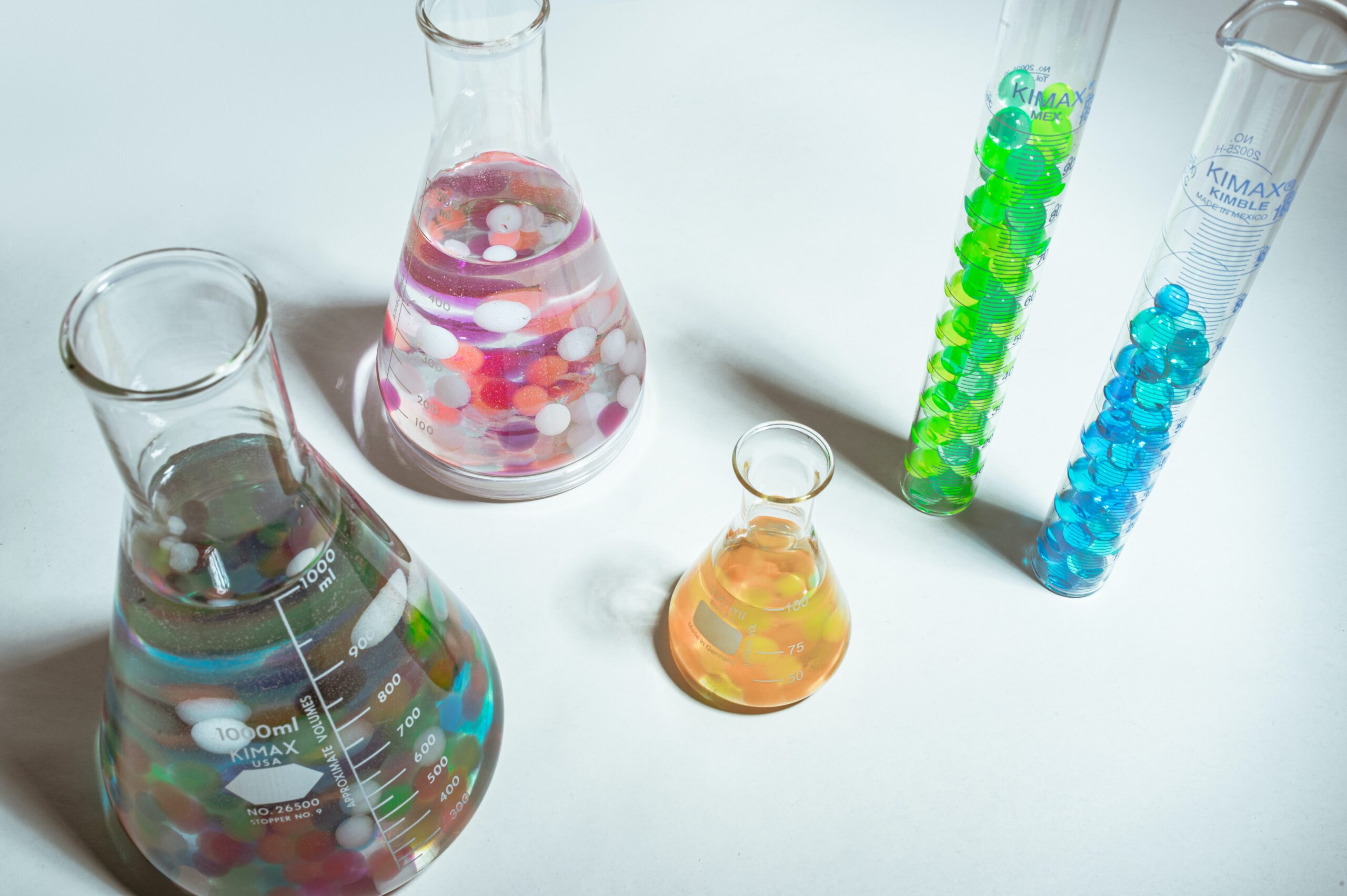
3 unconventional ways to sleep better according to science
for the times when the body works in mysterious ways
For those of us who struggle with sleep, it can be exhausting to hear the same 5 basic tips for better sleep repeated over and over as if they are the the end all be all.
At sofi, it's one of the core tenants of our mission to recognise that what works for different people at different times is unlikely to ever look exactly the same. This is why we've compiled a list of the more unconventional sleep remedies — in the hopes that you may find them as uniquely brilliant as you.
1. sleeping naked to help combat insomnia and improve overall quality of sleep
You might think that sleeping without any clothes on sounds like a rather cold and exposing endeavour — and about that, you wouldn’t be entirely wrong.
Science suggests that when you skip the extra layer between your body and the sheets, your body actually improves its ability to regulate the temperature throughout the night.
Researchers found a link between the frequent experiencing of wakefulness and an elevated core body temperature, indicating that insomnia may be more directly tied to thermoregulation than initially understood (1).
During stages of deep sleep, the body naturally undergoes a decrease in temperature, which may be the reason that 54% of surveyed Americans report sleeping better in the nude.
By sleeping in these cooler conditions, your body will experience a decrease in blood pressure which allows your parasympathetic nervous system — also known as the “rest and digest” system — to activate and get to work repairing and preparing your body for the hard day ahead.
The activation of the parasympathetic nervous system is absolutely crucial to normal functioning as well as the release of several different hormones and reparative enzymes.
In reality, sleeping in the nude might be all the more common (and beneficial) than many of us might think. A poll of over 1000 Americans found that nearly two-thirds of Millennials are regularly sleeping naked, with generations such as Gen X and Baby Boomers surveying not far behind, at 45% and 39%, respectively (2).
If you’re a poor sleeper or someone who easily gets hot at night, it might be worth ditching the pajamas and seeing if it has the potential to improve your sleep.
2. getting less hours but higher quality of sleep can have benefits for our mood
By now, we likely all know the importance of getting a long and good night’s sleep — however, research suggests that there may be more to the story.
A ground-breaking study from Johns Hopkins Medicine found that waking up several times throughout the night is far more detrimental to an individual’s mood and state of mental health, than if they were to obtain the same shortened amount of sleep without any interruption whatsoever (3).
In other words, there may be a benefit to restricting the amount of time you spend idly laying down, wishing for sleep, and it all has to do with seeking quality over quantity.
According to insights from the Insomnia Clinic, limiting this window of time spent in bed works by increasing your appetite for sleep and enhancing the signal received by the brain that laying down means time to sleep — now or never!
What’s more, is that secretion of the human growth hormone also referred to as hGH, becomes drastically inhibited during the nocturnal awakening of any duration, so waking up throughout the night can often be a double whammy (4).
HGH is a regulatory hormone involved in a range of vital functions within the body, that range from cell reproduction and regeneration to muscle growth, heart function, learning cognition, memory, the maintenance of energy levels, and both mental and emotional well-being. Simply put: it’s hard to overstate its importance.
Adults with a deficiency of this hormone can also suffer much higher rates of depression, so from a health standpoint this means that ensuring a high-quality of consistent and uninterrupted sleep is a must. But perhaps all that’s needed, after all, is just to spend less time lying down (5).
It’s a weird one, but there’s research to suggest that it works.
3. eating plant foods high in tryptophan 3-4 hours before bed decreases the time it takes to fall asleep
It’s common good practice to avoid eating anything sugary, spicy, or inflammatory right before bed — but did you know that even the things we eat throughout the day can have a lingering impact on our ability to switch off and sleep?
There is a compound called tryptophan which is an amino acid, and one of the building blocks of serotonin. Studies suggest that tryptophan has beneficial effects on sleep in a few different ways.
When digested, tryptophan is metabolically transformed to bioactive metabolites, including serotonin, melatonin, kynurenine, and the vitamin niacin (nicotinamide) (6).
As you may recognise if you read our article on valerian and the neural pathways involved in sleep, serotonin (also known as 5-HT) plays a highly important role in the regulation of anxiety, non-rapid eye movement (NREM) sleep, and a reduction in the time in overall sleep latency, and melatonin is the hormone directly responsible for controlling the cycle of sleep and wake (7, 8).
But while melatonin and tryptophan possess the ability to cross the blood-brain barrier, complete serotonin does not, making the precise role of tryptophan an interesting one to understand.
For example, if we need tryptophan to get serotonin into the brain, it makes sense that we would want to consume foods highest in tryptophan...right?
Well what if I told you that was somewhat wrong? You see, most of the foods highest in tryptophan are animal-based, such as turkey or chicken; the problem being with these foods is that they also have high levels of other amino acids, which have a strong tendency to crowd the brain and block tryptophan out.
The solution? You might have guessed it has something to do with plants!
Plant-based foods trigger a release of insulin within our body which signals our muscles to uptake non-tryptophan amino acids as a source of fuel. Inherently, this prevents the crowding of amino acids and provides the brain with clear access to the tryptophan it needs.
In fact, it’s illustrated within the research that a carb-rich breakfast such as whole-grain waffles and fruit actually results in higher (both initial and maintained) levels of tryptophan in the brain, versus a breakfast comprised of protein-rich foods such as turkey, eggs, and cheese (9).
Studies support these findings, and demonstrate a direct link between a diet poor in carbohydrate (plant-based) sources of tryptophan and the impairment of sleep (10, 11).
All the more reason to eat more fresh fruit and veg!
Text References:
- Naked at Night: A Study on Sleepwear Preferences. Mattress Advisor (2019).
- Lushington K, Dawson D, Lack L. Core body temperature is elevated during constant wakefulness in elderly poor sleepers. Sleep. 2000 Jun 15;23(4):504–10. PMID: 10875557.
- Späth-Schwalbe E, Hundenborn C, Kern W, Fehm HL, Born J. Nocturnal wakefulness inhibits growth hormone (GH)-releasing hormone-induced GH secretion. J Clin Endocrinol Metab. 1995 Jan;80(1):214–9.
- Finan, P. H., Quartana, P. J., & Smith, M. T. (2015). The Effects of Sleep Continuity Disruption on Positive Mood and Sleep Architecture in Healthy Adults. Sleep, 38(11), 1735–1742.
- Prodam F, Caputo M, Belcastro S, Garbaccio V, Zavattaro M, Samà MT, Bellone S, Pagano L, Bona G, Aimaretti G (December 2012). “Quality of life, mood disturbances and psychological parameters in adult patients with GH deficiency”. Panminerva Medica. 54 (4): 323–31.
- Friedman M. (2018). Analysis, Nutrition, and Health Benefits of Tryptophan. International journal of tryptophan research : IJTR, 11, 1178646918802282.
- Hu, Z., Oh, S., Ha, T. W., Hong, J. T., & Oh, K. W. (2018). Sleep-Aids Derived from Natural Products. Biomolecules & therapeutics, 26(4), 343–349.
- Sarris J, Panossian A, Schweitzer I, Stough C, Scholey A. Herbal medicine for depression, anxiety and insomnia: a review of psychopharmacology and clinical evidence. Eur Neuropsychopharmacol. 2011 Dec;21(12):841–60.
- Wurtman, R. J., Wurtman, J. J., Regan, M. M., McDermott, J. M., Tsay, R. H., & Breu, J. J. (2003). Effects of normal meals rich in carbohydrates or proteins on plasma tryptophan and tyrosine ratios. The American journal of clinical nutrition, 77(1), 128–132.
- Binks H, E Vincent G, Gupta C, Irwin C, Khalesi S. Effects of Diet on Sleep: A Narrative Review. Nutrients. 2020 Mar 27;12(4):936.
- Bravo, R., Matito, S., Cubero, J. et al. Tryptophan-enriched cereal intake improves nocturnal sleep, melatonin, serotonin, and total antioxidant capacity levels and mood in elderly humans. AGE 35, 1277–1285 (2013).

